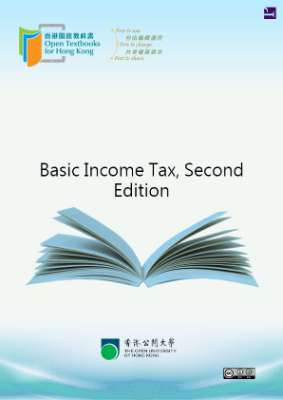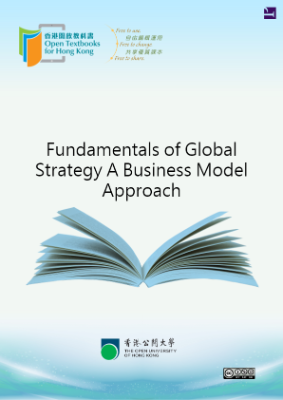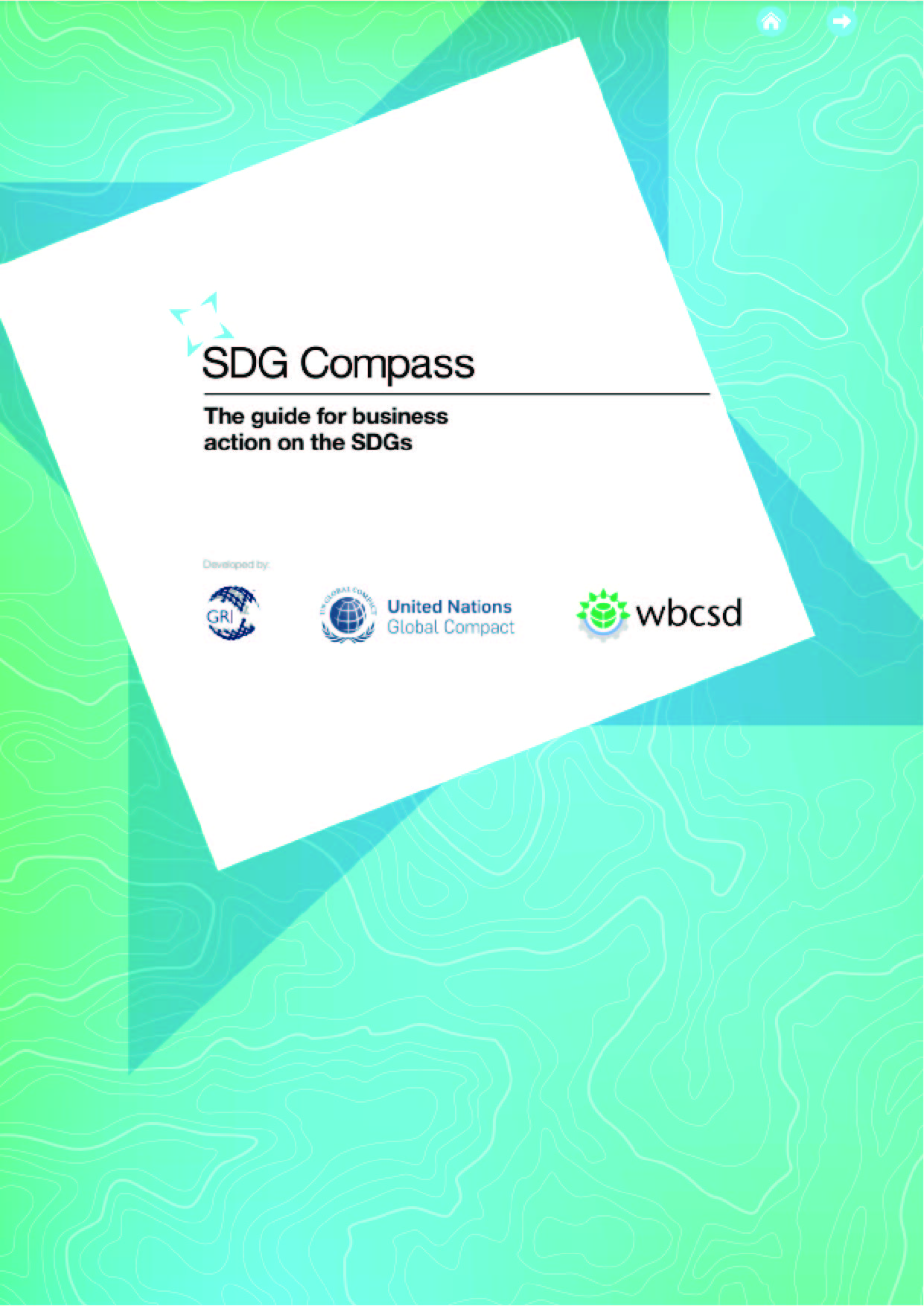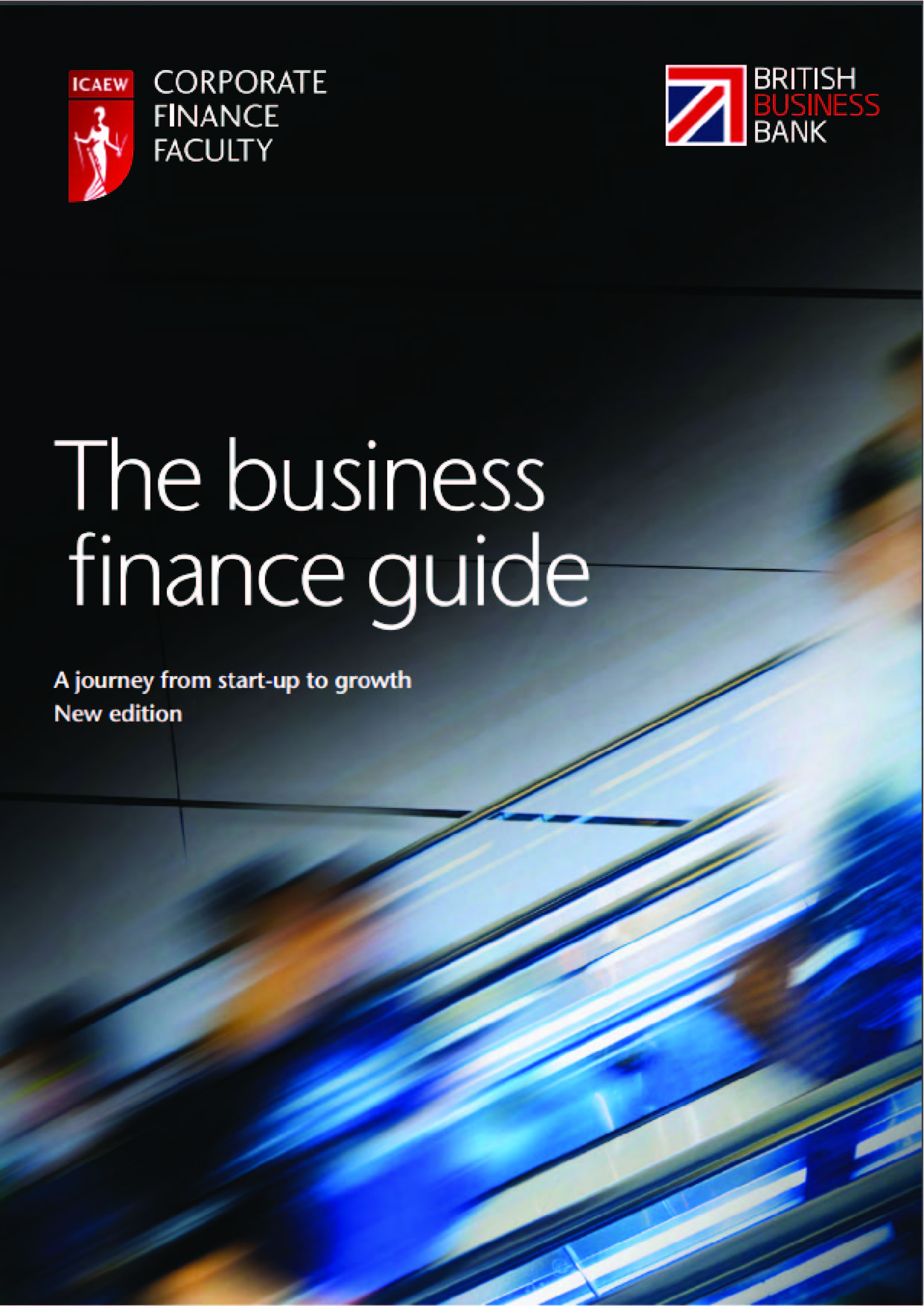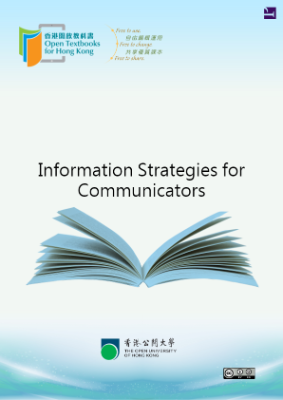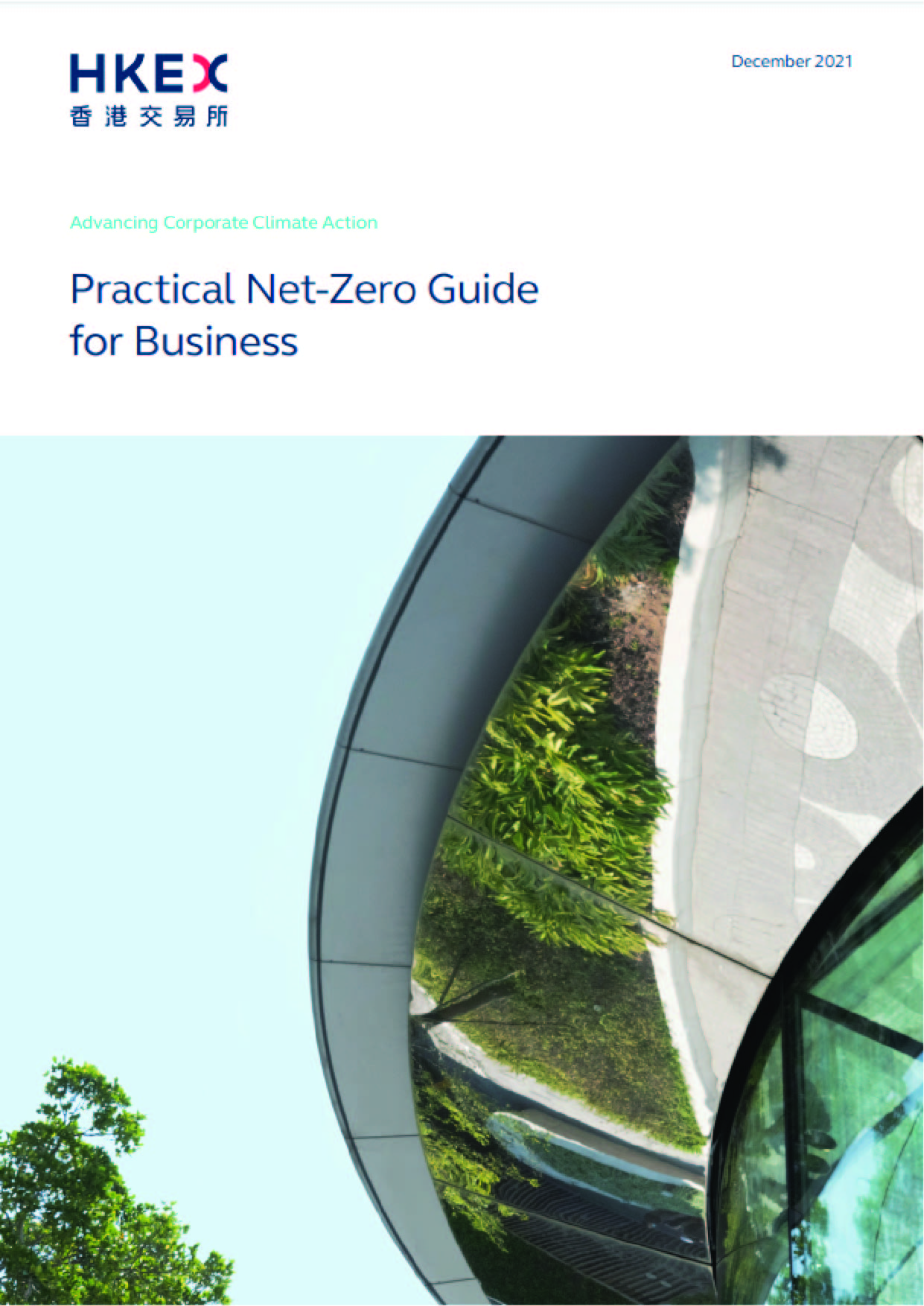What Is Economics?
You are just beginning your study of economics, but let us fast-forward to the end of your first economics course. How will your study of economics affect the way you see the world?
The final exam is over. You are sitting at a restaurant table, waiting for your friends to arrive. The place is busy and loud as usual. Looking around, you see small groups of people sitting and talking animatedly. Most of the customers are young; this is not somewhere your parents visit very often. At the counter, people line up to buy food. You watch a woman choose some items from the menu and hand some notes and coins to the young man behind the counter. He is about the same age as you, and you think that he is probably from China. After a few moments, he hands her some items, and she takes them to a table next to yours.
Where are you? Based on this description, you could be almost anywhere in the world. This particular fast-food restaurant is a Kentucky Fried Chicken, or KFC, but it could easily have been a McDonald’s, a Burger King, or any number of other fast-food chains. Restaurants like this can be found in Auckland, Buenos Aires, Cairo, Denver, Edinburgh, Frankfurt, Guangzhou, and nearly every other city in the world. Here, however, the menu is written in French, and the customer paid in euros (€). Welcome to Paris.
While you are waiting, you look around you and realize that you are not looking at the world in the same way that you previously did. The final exam you just completed was for an economics course, and—for good or for ill—it has changed the way you understand the world. Economics, you now understand, is all around you, all the time.




